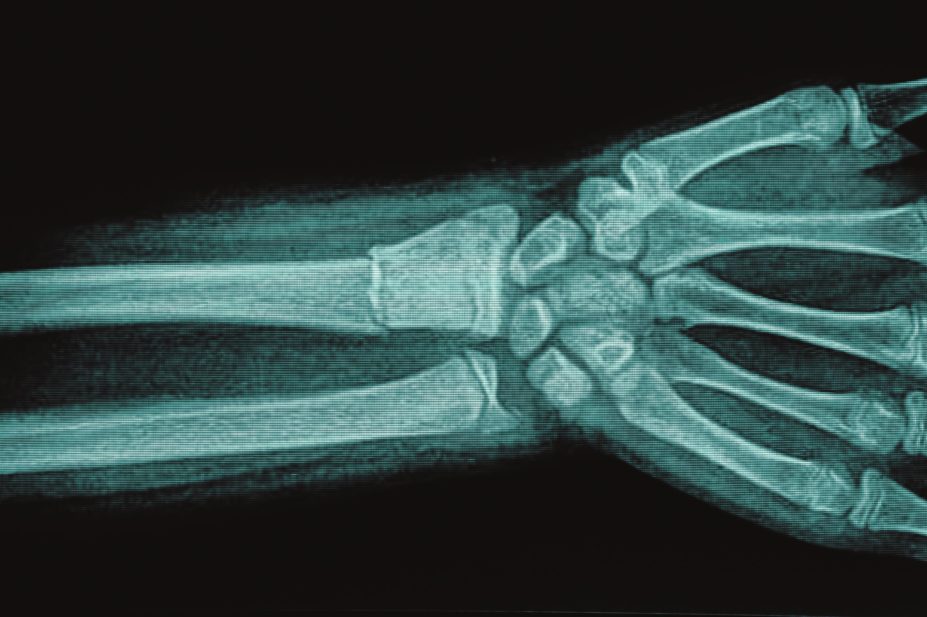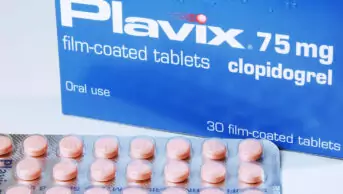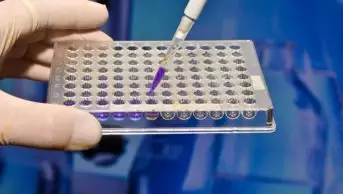
Shutterstock.com
Proton pump inhibitors (PPIs) are associated with an increased risk of bone fracture, but the underlying mechanisms are poorly understood. Now, a study published in PLoS Genetics
[1]
(online, 26 March 2015) has identified a gene, Snx10, whose expression is required both in the bone and stomach to maintain normal gastric acidification and calcium absorption.
The study provides insight into the mechanisms governing the regulation of bone accrual by the gastrointestinal tract, according to the researchers. “Because defects in gastric differentiation and/or gastric acidification may cause or contribute to hypocalcaemia, bone insufficiency and early death, our results suggest that dietary calcium supplementation could be a life-saving intervention in these patients,” they write.


